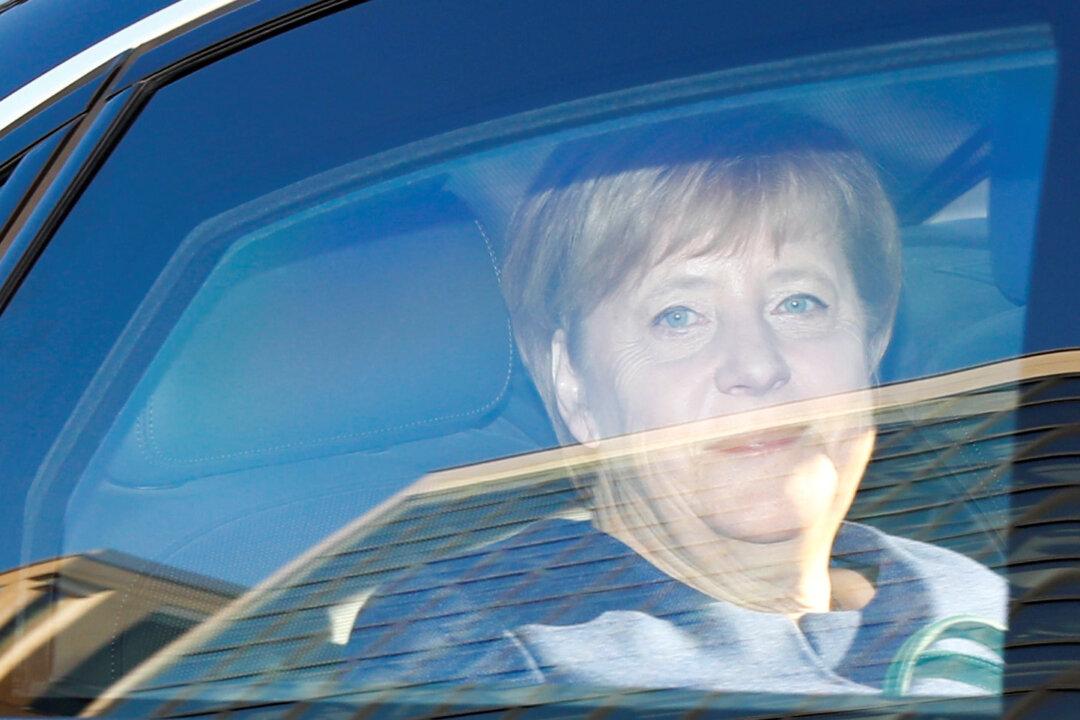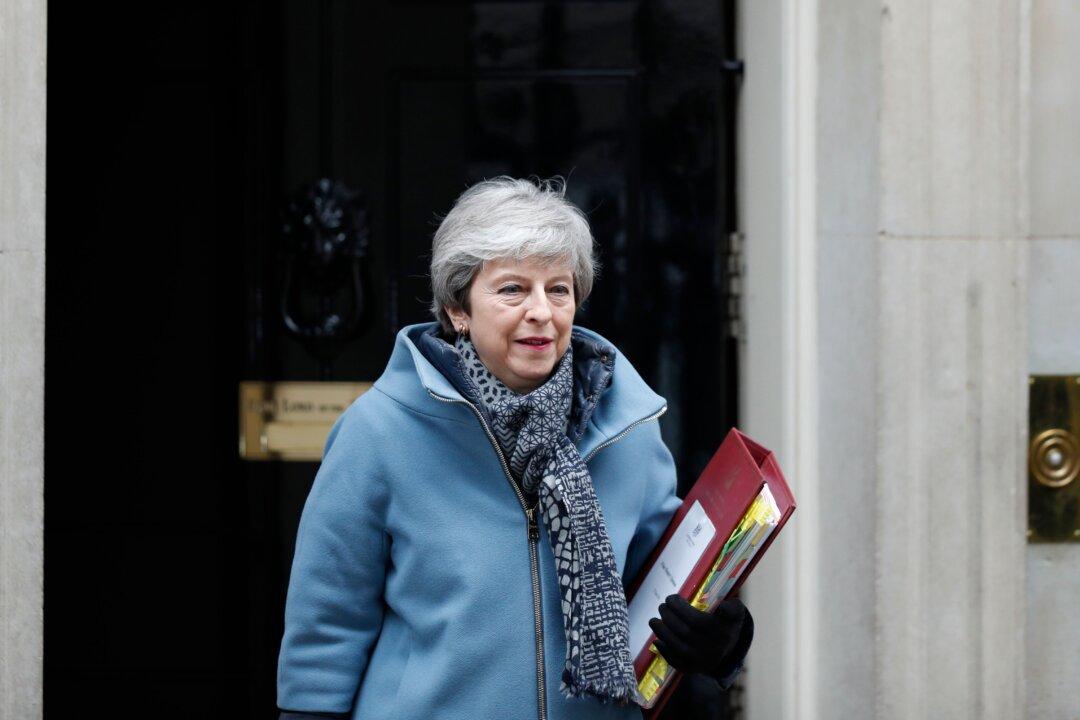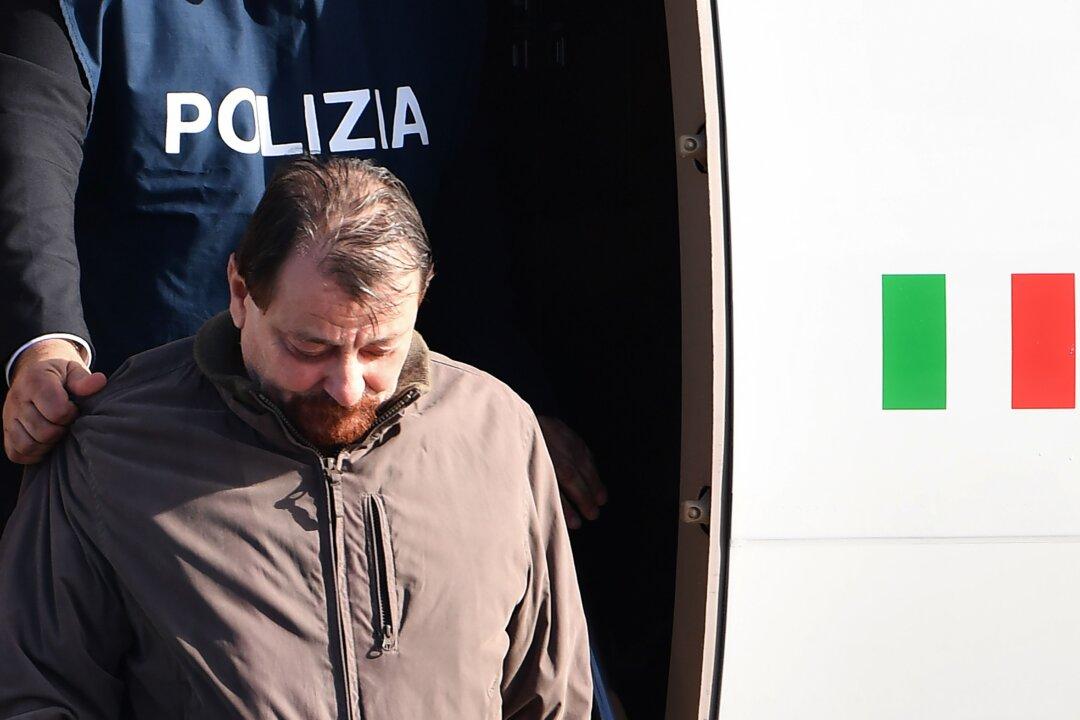Germany’s ruling party has had its worst election result since 1950, with Chancellor Angela Merkel’s Bavarian ally, the Christian Social Union, losing its absolute majority in a regional parliament.
It’s the latest crisis to hit the center-right coalition party, with junior partners the center-left Social Democrats (SPD) having their support halved.




